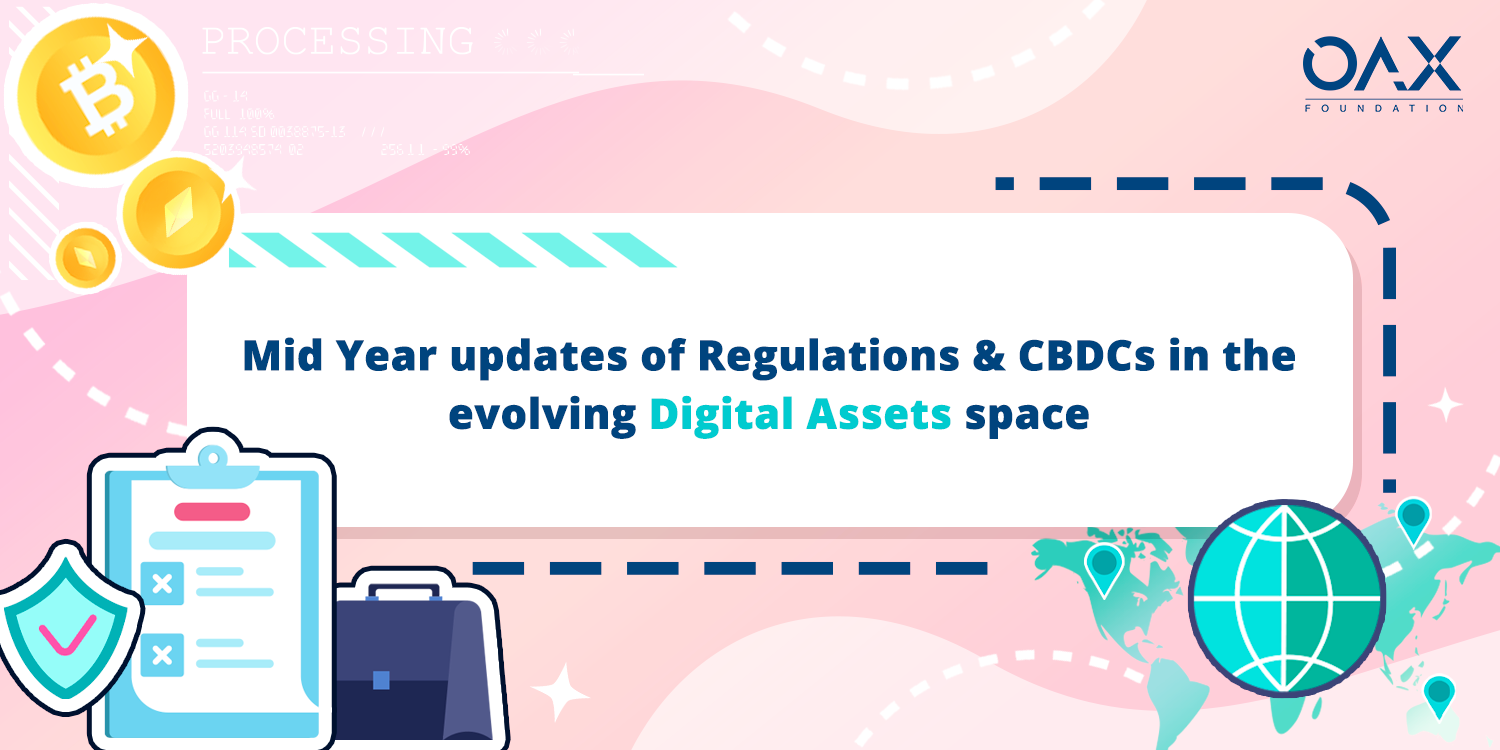
Despite Regulatory Challenges, Digital Asset Space Shows Resilience
With cryptocurrencies continuing to gain mainstream acceptance, it’s no surprise that regulatory scrutiny of the industry is also increasing, as shown by the recent allegations made by the US SEC against two of the world’s biggest crypto exchanges, Binance and Coinbase. The SEC have also named several tokens, including SOL, ADA, and MATIC, as securities in the lawsuit earlier this month.
Following these events, Hong Kong lawmaker Johnny Ng has invited Coinbase and other crypto exchanges to set up operations in the region, signaling the government’s progressive stance on cryptocurrencies. Hong Kong has adopted a proactive approach towards cryptocurrencies, with Finance Minister Paul Chan announcing the government’s commitment to establishing a robust ecosystem for cryptocurrencies and fintech in January 2023. Hong Kong’s favorable approach to cryptocurrencies has attracted considerable interest from well-known technology companies, such as OKX and Huobi exchanges.
Since Hong Kong commenced its e-HKD pilot last month, many countries around the globe have taken action towards their CBDC (Central Bank Digital Currency) initiatives. The Bank of England recently extended its public consultation period for a digital pound, while Russia proposed amendments to the bill guiding the introduction of a digital ruble to allow non-residents unrestricted access. The Chinese police have warned of digital yuan-themed scams, while the Central Bank of Thailand plans to launch a retail CBDC pilot project this month. Meanwhile, the US Treasury Department is studying a potential US CBDC and exploring PETs (Privacy Enhancing Technology) to reinforce trust in digital financial transactions. Banco Central do Brasil has also released a roadmap of events ahead of the country’s CBDC rollout, aiming to assess the possibility of launching tokenized assets.
As OAX Foundation is based in Hong Kong, we’re pleased to see the industry is moving in a positive direction in terms of regulations and support, it’s important to note that these CBDC initiatives are still in their early stages, and it may take some time before we see them take form and be implemented on a large scale. Nevertheless, the progress made so far indicates that CBDCs are a topic of great interest and could play a significant role in shaping the future of finance. It remains to be seen how these initiatives will ultimately impact the global economy and the financial sector.


